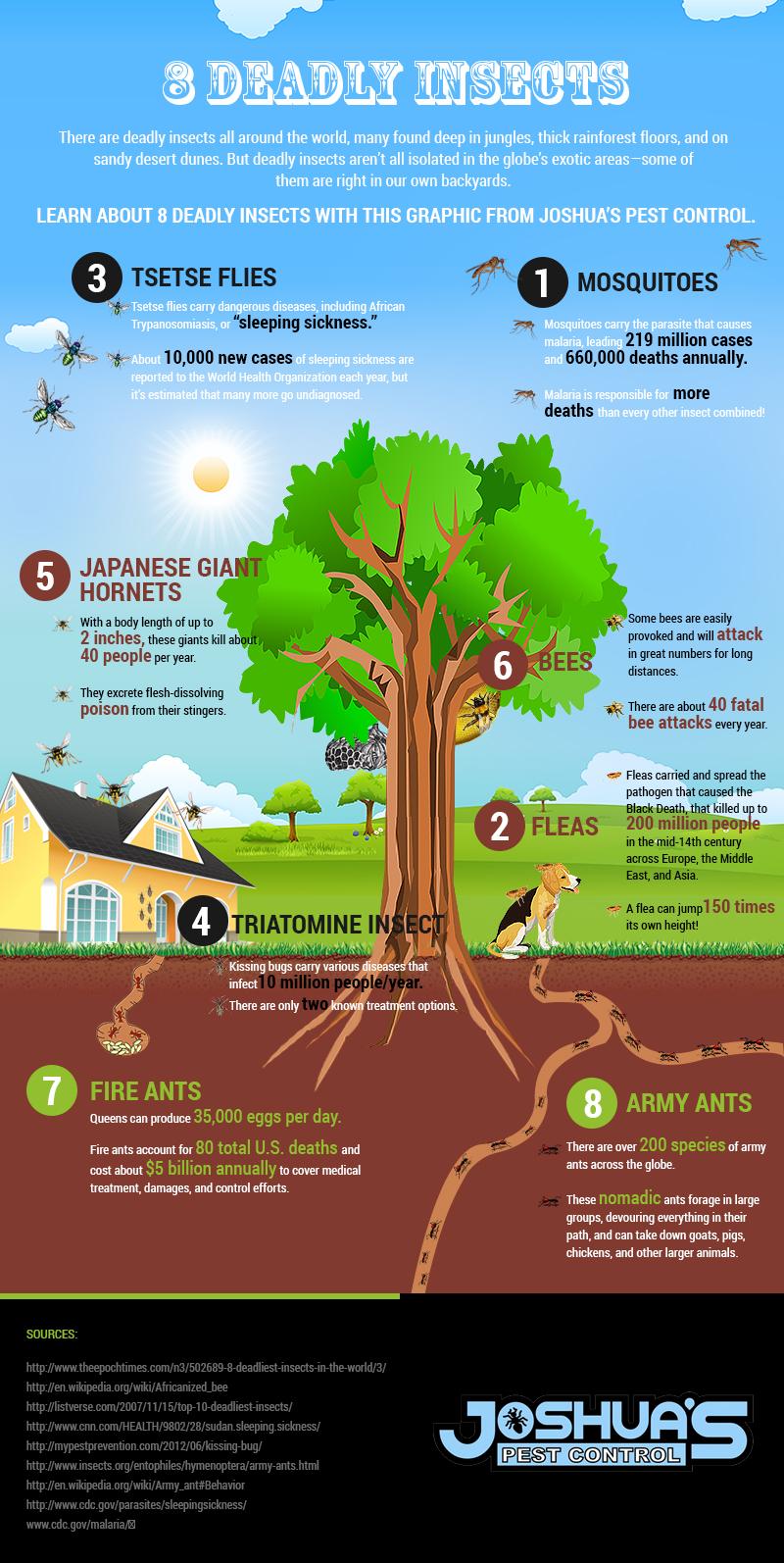Imagine your garden as a refuge, an area of serenity and beauty. However, the visibility of outdoor bugs can rapidly disrupt this ideal image. Suppose there were easy yet efficient ways to keep these unwelcome site visitors away and protect your garden oasis? By following a couple of practical ideas and carrying out natural methods, you can produce a harmonious outside area where your plants can prosper uninterrupted.
Natural Parasite Deterrents
To keep insects far from your garden normally, plant aromatic natural herbs like mint and lavender. These fragrant plants not only add elegance to your yard yet also function as efficient bug deterrents. Parasites like insects, flies, and even some garden-damaging bugs are warded off by the solid fragrances emitted by these herbs. Merely putting them tactically around your garden can help create a natural barrier against undesirable pests.
Along with https://www.digitaljournal.com/pr/news/ampifire/atlas-termite-pest-control-your-guide-to-preventing-a-bed-bug-infestation and lavender, take into consideration growing other natural herbs like rosemary, basil, and lemongrass to better enhance your garden's pest-proofing capacities. These natural herbs not only serve as all-natural repellents but also have actually the included benefit of being useful in cooking or crafting self-made remedies.
Strategic Plant Positioning
Consider the design of your yard and the sorts of plants you have to tactically place them for optimum pest-proofing performance.
Begin by organizing plants with similar resistance to pests together. By doing this, you can create a natural obstacle that discourages parasites from spreading out throughout your garden.
Furthermore, putting pest-repelling plants like marigolds, lavender, or mint near more prone plants can aid protect them. Tall plants, such as sunflowers or corn, can function as a shield for shorter plants versus parasites like bunnies or ground-dwelling insects.
Remember to leave enough area in between plants to improve air flow and decrease the danger of conditions that pests could bring.
In addition, consider growing strong-smelling natural herbs like rosemary or basil near vulnerable plants to puzzle parasites' detects and make it harder for them to locate their targets.
Effective Insect Control Techniques
For combating garden insects properly, carrying out a multi-faceted parasite control strategy is vital. Beginning by urging https://whotocalltogetridofrats62840.loginblogin.com/39038173/sustainable-solutions-for-pest-administration-harnessing-nature-to-discourage-rodents -natural killers like birds, ladybugs, and praying mantises to assist keep insect populations in check. Introducing plants that attract these helpful insects can aid in pest control. Additionally, exercising great garden hygiene by removing particles and weeds where parasites may hide can make your garden less welcoming to undesirable visitors.
Think about making use of physical obstacles such as row cover materials or netting to protect at risk plants from bugs like caterpillars and birds. Applying organic pesticides like neem oil or insecticidal soap can also work against specific pests while being much less harmful to beneficial pests and the environment. It's essential to revolve your crops each period to prevent the accumulation of parasite populations that target specific plants.
Routinely inspect your plants for signs of parasite damage so you can act promptly. By incorporating these techniques and remaining attentive, you can properly regulate garden insects and delight in a flourishing, pest-free garden.
Conclusion
So, there you have it - with the best approaches, you can maintain pesky exterior bugs away from your garden and help your plants prosper.
Did you understand that planting mint has been revealed to drive away mosquitoes and other bugs, reducing the requirement for harmful pesticides by approximately 60%?
By integrating all-natural deterrents and clever planting strategies, you can produce an attractive and pest-resistant yard sanctuary for you to enjoy.
